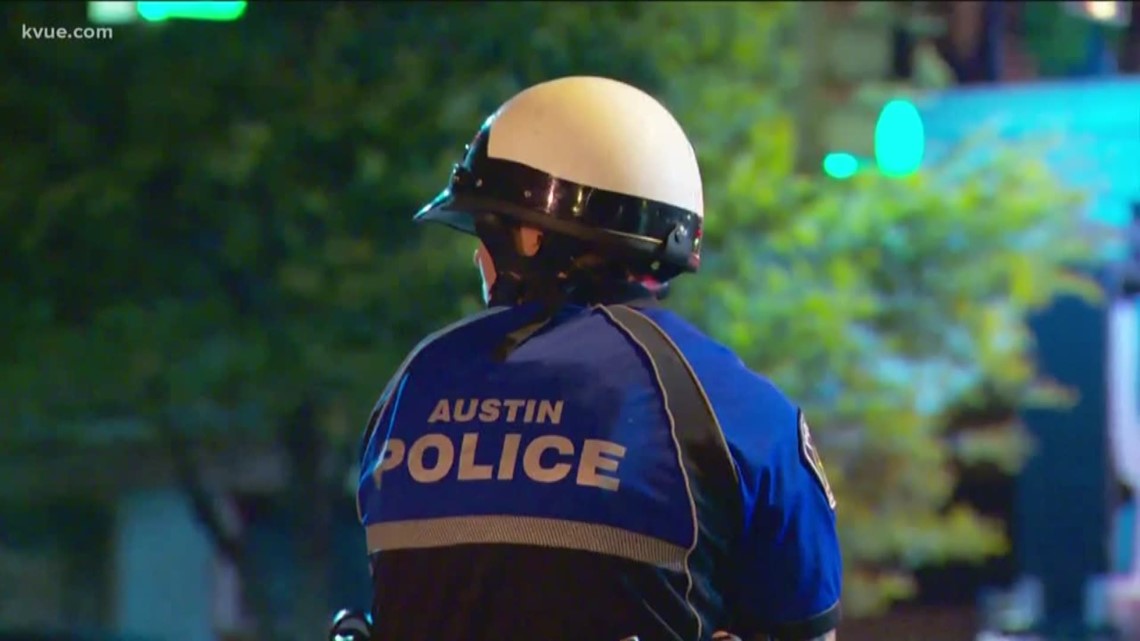AUSTIN, Texas — The Austin Police Department will double the amount of mental health training for its officers.
Cadets receive 40 hours of mental health training in the police academy, even though Sgt. Michael King said that, up until the spring of last year, the state required police to get 16 hours of training.
He said the state changed the requirement to 40 hours. Sgt. King said officers could elect to get more training after a few years by taking a state course. Now, he said the additional training is mandatory.
"I’m thankful that we’re doing the 80 hours. I think it’s going to help to ... get all of our officers at the same level," said King.
Sgt. King said all ranks in the department will receive a total of 80 hours of mental health training. He said some people with the APD have already started the additional training.
This comes after a 2018 audit found that while APD mental health training met state requirements, it could still use some improvements.
"I think all society tends to look at law enforcement, and they focus initially on police catching bad guys, breaking laws," said Sgt. King. "But I think the other big component to look at, and I think that a lot of cops look at is, at our core, our basic job is to help people."
Sgt. King said partners like Integral Care play a big role in the training.
Laura Wilson-Slocum with Integral Care said it will teach anywhere from 20 to 24 hours worth of the 40-hour additional training.
"Generally speaking, those topics include mental health disorders, so instruction about depression, bipolar disorder and schizophrenia," said Wilson-Slocum. "We do quite a bit of focus about substance use disorders, how to communicate effectively with someone who is not just experiencing a crisis, but someone who may have an intellectually and developmental disability, who is also experiencing a crisis."
She said the additional training takes a week. Sgt. King said, as of now, training classes, at minimum, are happening twice a month.
"Anytime anyone in the community can receive additional training in mental health, just like training in what to do during a medical health crisis or physical health crisis, it makes our community stronger," said Wilson-Slocum.
Sgt. King said the goal is to eventually have continual mental health training and education every two years as a refresher course for officers.
PEOPLE ARE ALSO READING:

